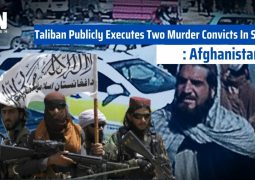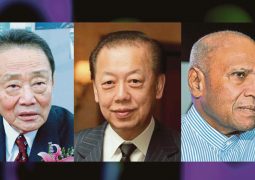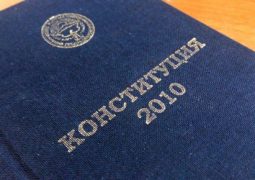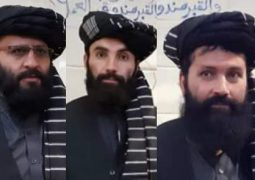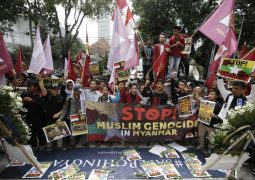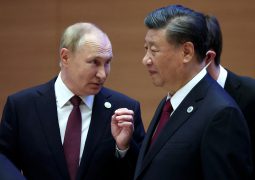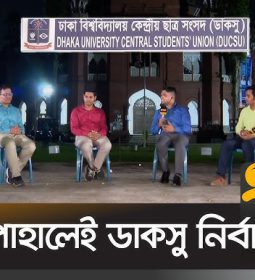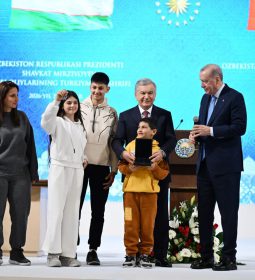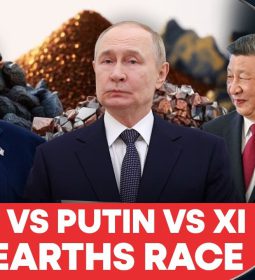USAID allocated $15.2 million to Kazakhstan in 2024: Now its is gone – crying Kazakh “progressive DIE activists


Image: TCA, Aleksandr Potolitsyn
The United States Agency for International Development (USAID) has long been a key player in funding various projects in Kazakhstan and Central Asia, supporting both development initiatives and media organizations. However, under the new administration of U.S. President Donald Trump, the agency’s activities have been significantly curtailed. With USAID scaling back its operations, the question arises: Who will step in to fill the gap?
USAID’s Departure: A Near Total Withdrawal
While USAID is reducing its presence, it is not shutting down entirely. The Trump administration has announced plans to retain a mere 294 of the agency’s more than 10,000 employees worldwide, according to a BBC report. Following these drastic cuts, only twelve staff members will remain in USAID’s Africa bureau and eight in its Asia bureau.
USAID’s website states that nearly all of its employees will be furloughed, foreign aid programs have been suspended, and control over the agency has effectively shifted to the U.S. State Department. The agency’s annual budget previously exceeded $50 billion.
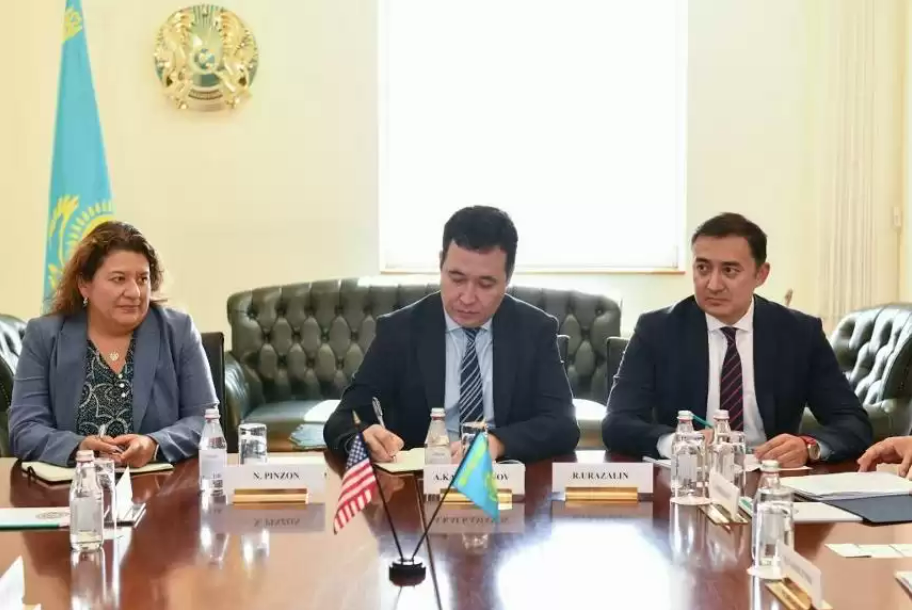
In Kazakhstan, USAID’s official website is now inaccessible. The platform contained key data, including lists of grant recipients – journalists, media professionals, and non-governmental organizations (NGOs) that received funding for various projects. While some USAID-backed initiatives supported modernization efforts, healthcare, and education, others were seen as promoting U.S. political interests.
According to available data, in 2024, USAID allocated $15.2 million to Kazakhstan, distributed as follows:
- Healthcare – $8.8 million
- Democracy, human rights, and governance – $3.7 million
- Support programs – $1.39 million
- Peace and security – $833,000
- Economic development – $438,000
- Humanitarian assistance – $23,000
- Education and social services – $4,000
Despite these allocations, Kazakhstan does not rank among the top ten recipients of USAID funding.
The Trump administration has also disclosed additional details regarding U.S. foreign aid spending. White House Press Secretary Caroline Leavitt stated that under President Joe Biden, $4.5 million was allocated to combat disinformation in Kazakhstan. Leavitt criticized such expenditures, claiming that alongside Kazakhstan’s disinformation initiatives, U.S. taxpayers had also funded projects such as gender reassignment programs in Guatemala ($2 million), tourism promotion in Egypt ($6 million), a new Sesame Street show in Iraq ($20 million).
Reactions in Kazakhstan
Public opinion in Kazakhstan regarding USAID’s role is divided. Many officials and commentators have criticized what they perceive as foreign interference in the country’s internal affairs.
Mazhilis Deputy Magerram Magerramov has accused USAID of lobbying for the interests of the LGBT community, citing U.S. officials, including Elon Musk and Donald Trump, who have labeled USAID a “criminal organization.”
“Official White House statements claim that USAID has been unaccountable to U.S. taxpayers and has funneled huge sums into ‘absurd’ and ‘harmful’ projects. For example, between 2022 and 2025, USAID allocated $2 million to ‘strengthen human rights and equality’ in Central Asia. However, the program’s executor is the European International Lesbian, Gay, Bisexual, Transgender and Intersex Association. We need full transparency regarding which funds are allocated, by whom, for what purposes, and who benefits from them. This must end in Kazakhstan,” Magerramov stated.
The deputy argues that the rise of LGBT and feminist activism in Kazakhstan is not driven by internal societal demands, but rather by external financial support. Magerramov claims that USAID has financed various minority protests in the country.
the rise of LGBT and feminist activism in Kazakhstan is not driven by internal societal demands, but rather by external financial support. Magerramov claims that USAID has financed various minority protests in the country.
Political scientist Gaziz Abishev emphasized the need to differentiate between humanitarian aid and political influence.
“I have no objections to states and international organizations funding charitable and developmental projects, such as support for people with disabilities, education, and science. However, politicized projects are a different matter. These initiatives often come wrapped in an appealing narrative but ultimately serve as instruments of foreign influence – and, at times, pressure,” Abishev wrote on social media. The political scientist warned that American taxpayers might be unknowingly funding questionable projects. Kazakhstan, he argues, must carefully scrutinize foreign investments.
Who Will Step In?
Despite USAID’s withdrawal, many believe U.S. influence in Central Asia will persist.
Political scientist Daniyar Ashimbayev views the agency’s restructuring as a temporary adjustment rather than a permanent retreat.
“American informational interference in other countries’ internal affairs will not end. What we are witnessing is a redistribution of influence and budgetary resources in Washington. First, USAID-funded networks actively opposed Trump and failed to realign in time. Second, Washington’s geopolitical interests have become entangled with ideological agendas that damage its global image. Third, any large bureaucracy with an uncontrolled budget eventually becomes inefficient. The current apparatus and its beneficiaries are being dismantled, but they will soon be replaced,” Ashimbayev stated.
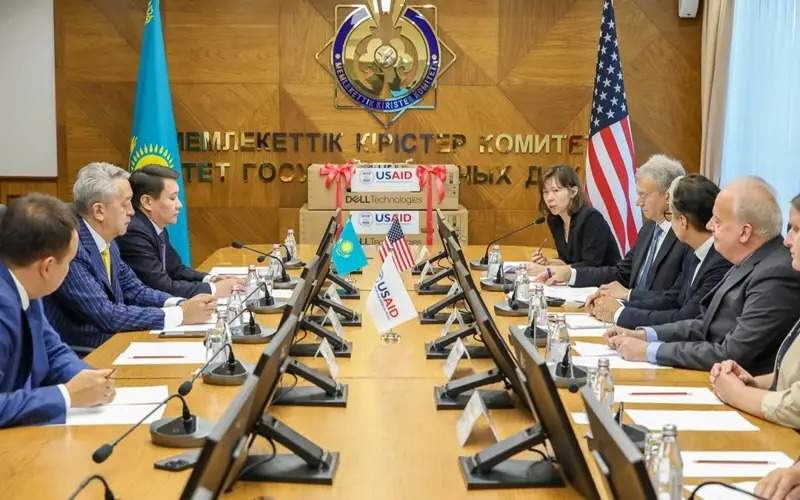
Other analysts argue that Trump’s decision to scale back USAID hands a strategic advantage to the United States geopolitical rivals. Dosym Satpayev, director of the Risk Assessment Group, predicts that other powers will move to fill the void.
“China, which has been actively investing in educational programs in the region, will likely step in, funding certain segments of civil society in alignment with its interests. The European Union is unlikely to take a leading role due to its internal challenges and limited financial resources. Russia, given its increasing influence in Asia and the strategic importance of Central Asia, may partially fill the gap by investing in proxy organizations and soft power initiatives,” Satpayev explained.
Meanwhile, some nations are taking a different approach. In early February, Azerbaijan simultaneously banned both USAID and Rossotrudnichestvo, Russia’s state agency for international humanitarian cooperation. The Azerbaijani Foreign Ministry formally notified both Washington and Moscow of the decision.
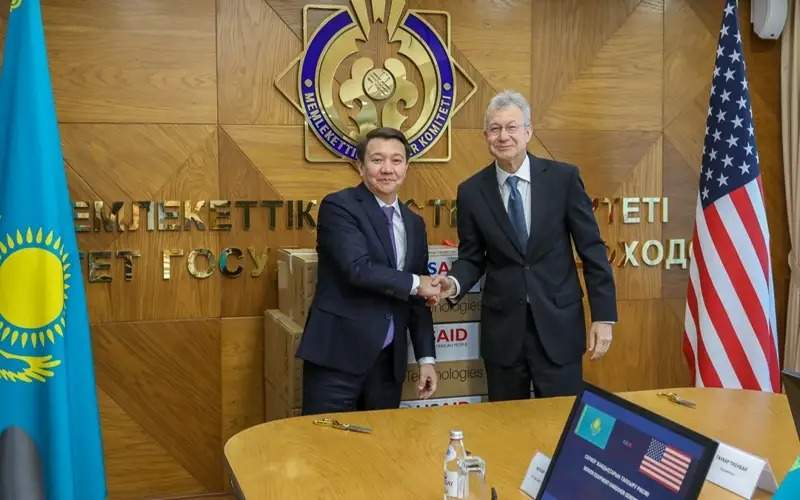
Established in 2008 under the Russian presidency, Rossotrudnichestvo officially aims to “strengthen Russia’s humanitarian influence worldwide.” Azerbaijan’s move to expel both U.S. and Russian organizations underscores a growing trend among some nations to shield themselves from foreign influence altogether.
A Shifting Landscape
As USAID scales back its operations in Central Asia, the region faces a shifting geopolitical landscape. While some see the agency’s departure as a positive step toward national sovereignty, others warn that new players – whether China, Russia, or other global actors – will inevitably step in to exert influence. Whether Kazakhstan and its neighbors will embrace, resist, or regulate this evolving dynamic remains to be seen.
- Previous More than entire US population – 420 mln. to bath in Indus during 45 day: Once in 100 year Hindu relegious festival Kumbh Mela
- Next Kyrgyzstan Through First Sovereign Bond Wants to Decrease Dependence on China



